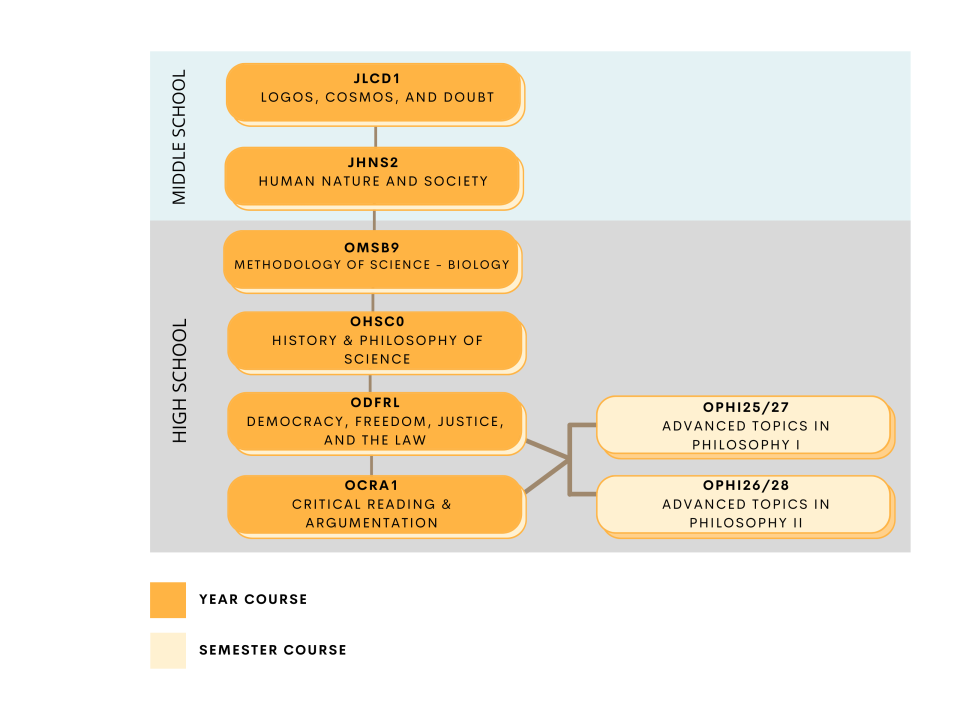This year-long course uses biology as the primary context for an introduction to scientific reasoning, statistical analysis, and philosophical thinking. In the fall semester, students will explore how organisms interact with each other and their environments; in the spring, the main topic will be the environmental and genetic influences on an organism’s behavior (including inheritance and natural selection). Along the way, students will be exposed to illustrative examples of experimental design, to various statistical concepts/techniques used to interpret and make inferences from data, and to foundational questions about the underlying nature of the concepts and methods at issue. The aim is to help students learn about the richly analytical processes of science – making conjectures and discoveries, obtaining evidence for scientific claims, assessing the evidence presented by others – and finally to become comfortable with setting up their own experiments and interpreting experimental data.
